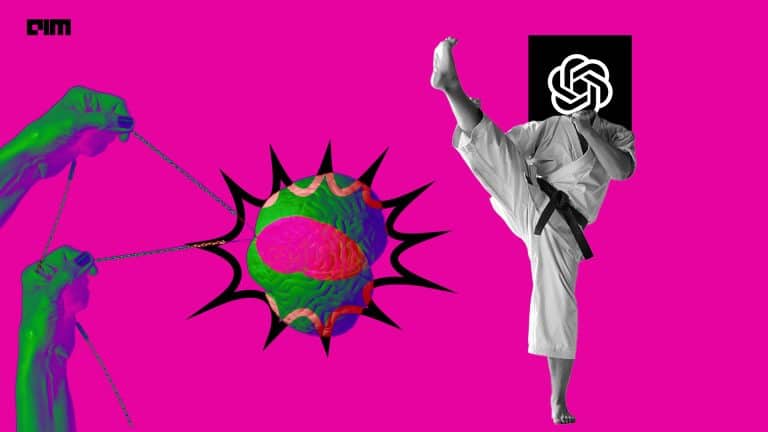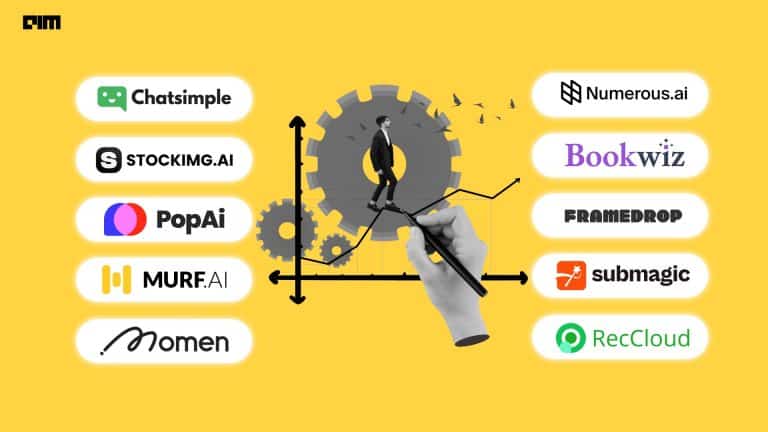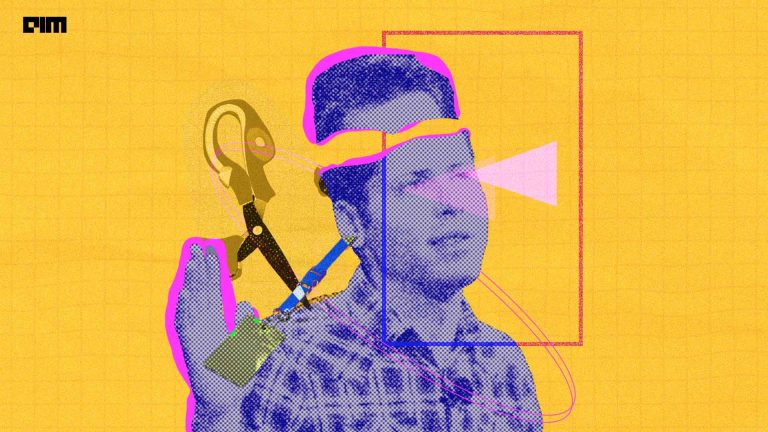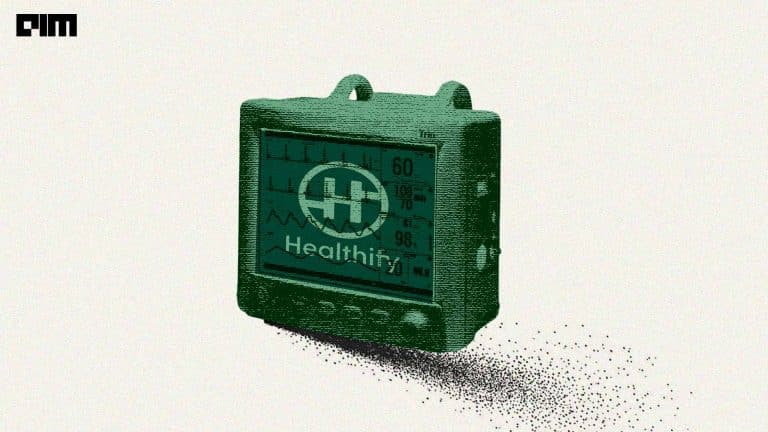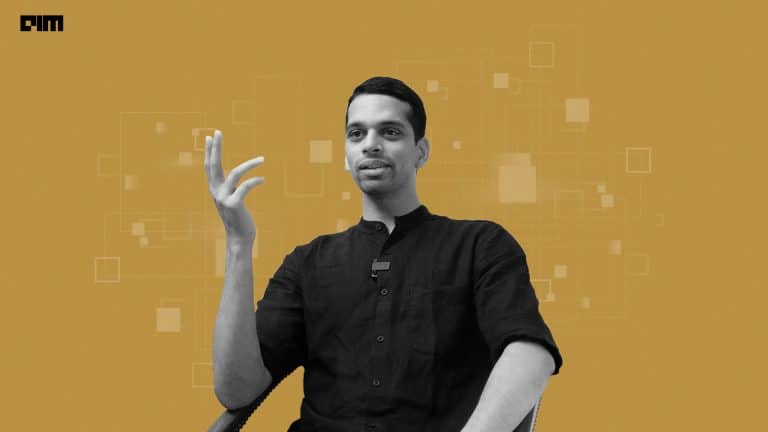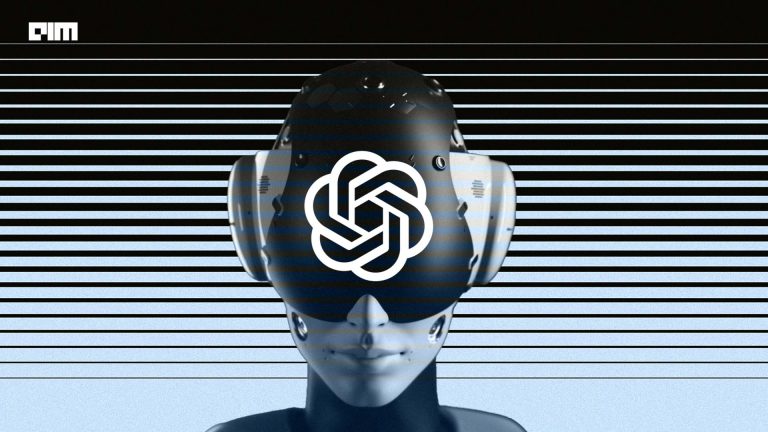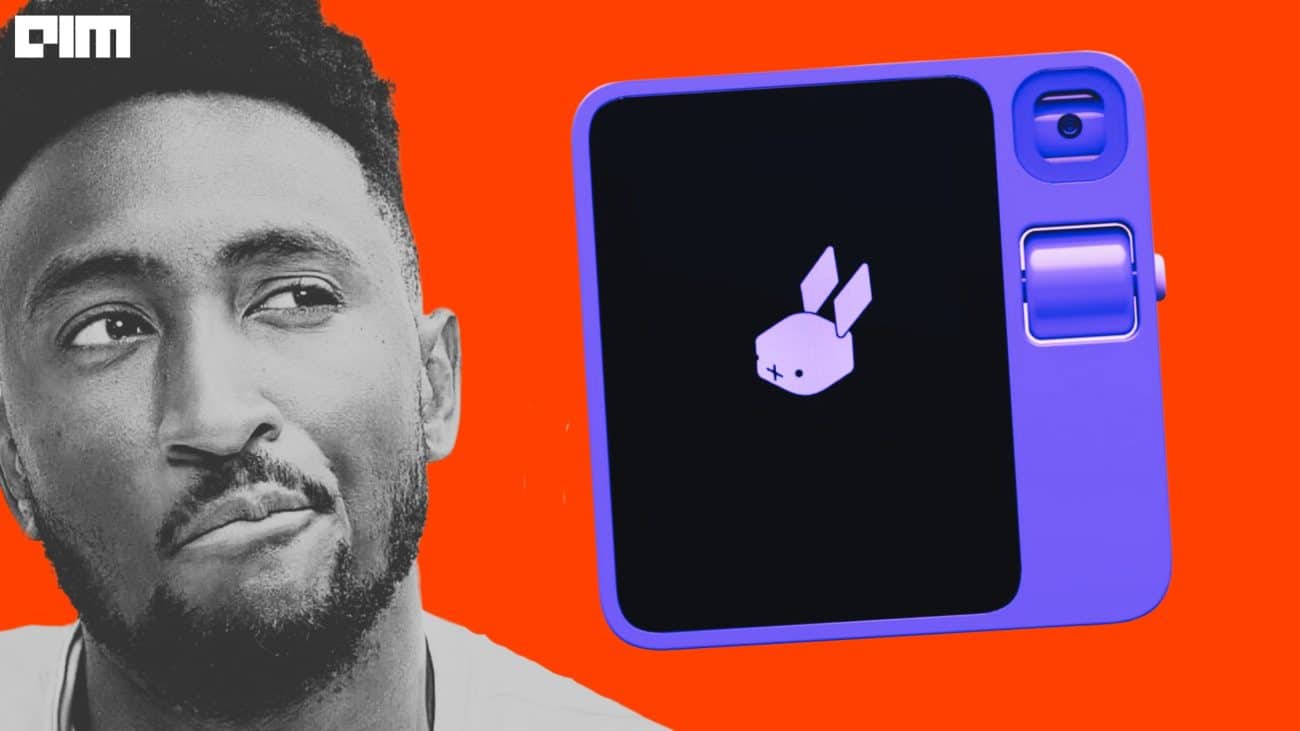|
Listen to this story
|
When students were finding different ways around ChatGPT and other GPT applications to assist them with school or college work, and even self-learn a thing or two, the question of who needs teachers when you have AI arose. To carve a niche, and probably appease the teacher segment that seemed left out, OpenAI has now announced a new guide for teachers to use ChatGPT in classrooms. The announcement comes within days of releasing an exclusive product for enterprises — ChatGPT Enterprise. Catering to targeted professionals, has OpenAI finally managed to fine-tune the use cases for its famed chatbot?
Teacher’s Pet
The newly released guide contains recommended prompts, an overview of ChatGPT’s functioning and limitations, besides the efficacy of AI detectors, and a discussion on biases. In the announcement blog, the company even shared use cases from professors and teachers who have already been using the chatbot to assist with their teaching. From building quizzes, tests, lesson plans from curriculum materials, to designing role playing challenging conversations, ChatGPT has already been functioning as a companion for teaching professionals.
Brand New Packaging
With teachers already using ChatGPT, the ‘teacher’s guide’ released by OpenAI is a mere bundling of ChatGPT features being highlighted to encourage instructors, and normalise the idea of using the chatbot in an education domain. Considering how ChatGPT saw a decline in users a few months ago, probably owing to schools and colleges being shut for summer, the latest blog comes at a time when education institutes have reopened. Furthermore, there is seemingly a shift in the way ChatGPT is adopted today.
Earlier this year, a number of universities banned the use of the chatbot, however, educators are accepting the practicality of how ChatGPT can be used in many ways assisting students and teachers alike. Lance Eaton, director of faculty development & innovation at College Unbound, compiled a spreadsheet on generative AI policies in universities, mainly featuring entries about restricting tools like ChatGPT last spring. However, today, the new list maintained by educators from various universities, both in the US and internationally, is inclusive of ChatGPT. Instead of bans, schools are actively promoting and instructing students on how to effectively utilise these tools.
OpenAI Hits Bull’s-eye
With the educational shift happening, OpenAI has been on a spree to launch products and features targeting professionals from different domains. Hitting bull’s-eye by targeting the right set of groups, OpenAI is pushing its way via product adoption. The latest, ChatGPT Enterprise, that offers a range of product functionalities catering exclusively to enterprises is poised to be a game-changer. Considering how a number of organisations had been building products utilising ChatGPT APIs, the enterprise-specific product will pose a threat to SaaS startups.
Two months ago, OpenAI released a product that would make a data scientist obsolete. Code Interpreter, now called Advanced Data Analysis, assists with multiple tasks such as visualisation, trend analysis, data transformation, and workflow management, among many tasks.
Not All Problems Have Solutions
While OpenAI continues to innovate through ways that will help people at their jobs, it truly will never be rid of problems.
I am most happy that they included this blunt statement on AI detectors, which promise what they can't deliver, and can hurt students as a result. pic.twitter.com/bmuGluGh81
— Ethan Mollick (@emollick) August 31, 2023
Through a list of FAQs, OpenAI has stated its limitations in various scenarios. The company has clarified that though there are tools to detect AI-generated content, including that of OpenAI, none of them are proven to be effectively working. ChatGPT also tends to give incorrect information when asked about a content being human or AI-generated.
Geetha Venugopal, a high school computer science teacher at American International School in Chennai, emphasises on students implementing critical thinking when it comes to AI tools. She counsels students to keep in mind that ChatGPT’s responses may not always be trustworthy and accurate. She also encourages them to evaluate answers and to verify the information using other primary sources.
Though laden with shortcomings, ChatGPT is always finding a place in every field. And with OpenAI being able to fine-tune use cases now, it is possible that more improvements and features are in the pipeline.






